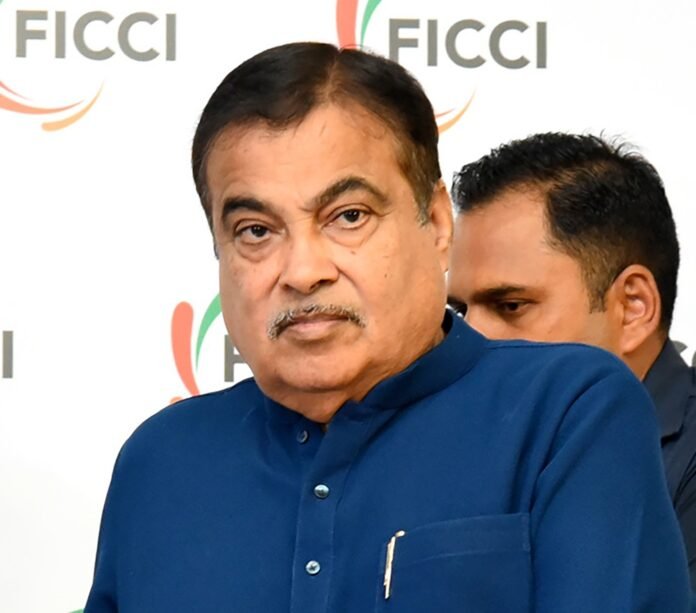New Delhi, September 4 – Big news for road safety in India! Union Minister for Road Transport and Highways, Nitin Gadkari, announced that his Ministry is taking a bold step to make Indian roads safer. Starting now, road safety lessons will be included in school and college curricula across all regional languages. This move aims to teach children early about safe driving habits and responsible road behavior.
The official launch of this nationwide initiative happened at a Central School, kicking off a major awareness drive focused on India’s youth. The goal? To instill safe road practices from a young age and reduce accidents across the country.
Gadkari spoke at the 7th Edition of the FICCI Road Safety Awards & Symposium 2025 in Delhi. The event’s theme was “Vision Zero: Life First, Always,” emphasizing the importance of saving lives and preventing road crashes.
He highlighted that while stricter rules, better enforcement, and improved infrastructure are vital, changing how people behave on roads is even more important. “The biggest challenge remains — changing human behavior despite all our technological advancements. The best way to do this is to educate and raise awareness among children early,” Gadkari said.
During the event, several important initiatives were announced to boost road safety. These include adopting Bharat NCAP, India’s vehicle safety rating system, to encourage safer cars. They also plan to enforce the Bus Body Code, conduct regular road safety audits, and introduce air-conditioned truck cabins with fatigue detection systems to keep truck drivers safe during long journeys.
To reach more people, road safety campaigns will feature Bollywood star Amitabh Bachchan and music legend Shankar Mahadevan. These campaigns will be translated into 22 Indian languages, making safety messages accessible to everyone.
Additionally, the government announced a Rs 25,000 reward under the Rah-Veer Scheme for Good Samaritans—people who help accident victims. There’s also a push for safer pedestrian infrastructure, like lift-enabled foot overbridges and scooter-friendly pathways, to protect pedestrians and promote inclusivity.
Other plans include using data-driven methods to identify accident-prone areas and involving retired professionals and citizens in spreading road safety awareness in schools and colleges.
This comprehensive approach aims to save lives, make roads safer, and create a culture of responsible driving across India.



